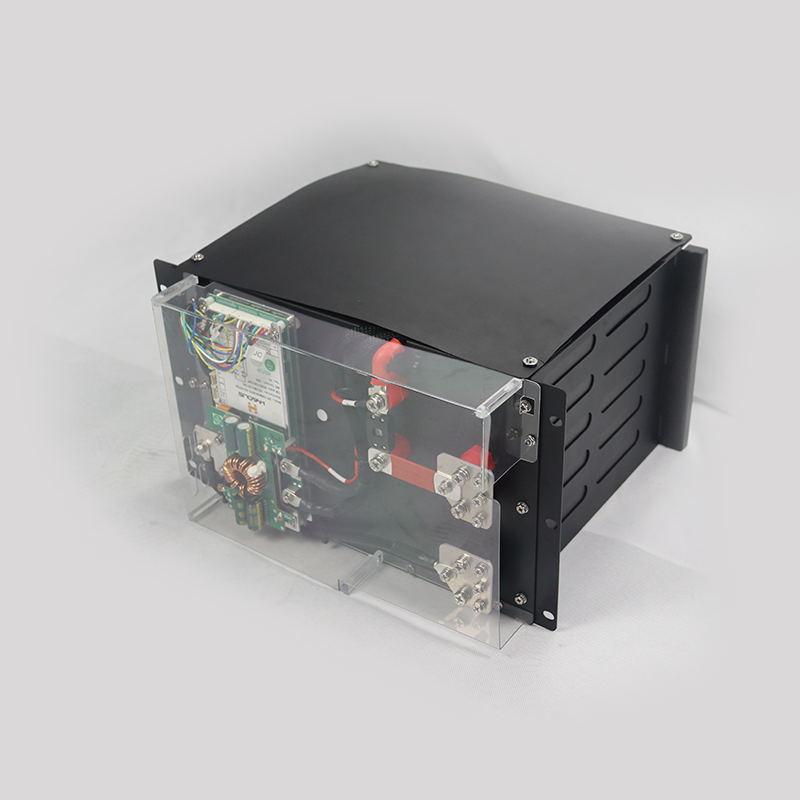Maximize Your Ride with the Latest 76.8V Electric Motorcycle Battery Technology
Maximize Your Ride with the Latest 76.8V Electric Motorcycle Battery Technology
Table of Contents
1. Introduction to 76.8V Electric Motorcycle Batteries
2. Understanding Battery Technology: How 76.8V Works
3. The Benefits of 76.8V Electric Motorcycle Batteries
3.1 Enhanced Performance for Riders
3.2 Environmental Impact and Sustainability
2025-09-13

Maximize Your Ride with the Latest 76.8V Electric Motorcycle Battery Technology
Table of Contents
- 1. Introduction to 76.8V Electric Motorcycle Batteries
- 2. Understanding Battery Technology: How 76.8V Works
- 3. The Benefits of 76.8V Electric Motorcycle Batteries
- 4. Charging and Longevity: What You Need to Know
- 5. Choosing the Right 76.8V Battery for Your Motorcycle
- 6. The Future of Electric Motorcycle Battery Technology
- 7. Frequently Asked Questions
- 8. Conclusion
1. Introduction to 76.8V Electric Motorcycle Batteries
In recent years, the world of electric motorcycles has seen a significant transformation, primarily driven by advancements in battery technology. The introduction of **76.8V electric motorcycle batteries** has revolutionized how enthusiasts think about speed, efficiency, and performance. These batteries are not just a power source; they are the lifeblood of electric bikes, playing a crucial role in defining the riding experience. In this article, we will explore the remarkable features of 76.8V batteries, their benefits, and how they are set to shape the future of electric transportation.
2. Understanding Battery Technology: How 76.8V Works
To appreciate the performance of 76.8V batteries, it's essential to understand the fundamentals of battery technology. Unlike traditional lead-acid batteries, the latest electric motorcycle batteries utilize **lithium-ion chemistry**, which offers several advantages, including higher energy density, a longer lifespan, and lighter weight.
2.1 Battery Composition and Design
76.8V batteries typically consist of multiple cells configured in series to achieve the desired voltage. Each lithium-ion cell operates at approximately 3.7 volts, meaning that a configuration of **20 cells** in series will yield the 76.8 volts needed for optimal performance. The cells are housed in durable casings that protect them from environmental factors and mechanical stress.
2.2 Performance Metrics
Key performance metrics for electric motorcycle batteries include:
- **Energy Density:** Measured in watt-hours per kilogram (Wh/kg), energy density indicates how much energy a battery can store relative to its weight. A higher energy density translates to longer ride times and less frequent charging.
- **Power Density:** This refers to how quickly a battery can deliver energy. High power density is crucial for acceleration and overall performance.
- **Cycle Life:** This metric indicates how many charge-discharge cycles a battery can handle before its capacity significantly diminishes. Most modern 76.8V batteries offer excellent cycle life, often exceeding 1000 cycles.
3. The Benefits of 76.8V Electric Motorcycle Batteries
Investing in a 76.8V electric motorcycle battery brings various benefits that enhance the overall riding experience.
3.1 Enhanced Performance for Riders
The most significant advantage of a 76.8V battery is its ability to deliver **superior performance**. Riders can experience faster acceleration, improved top speeds, and better handling.
- **Improved Range:** Thanks to the greater energy capacity, riders can expect an extended range on a single charge. This means fewer stops and more time on the open road.
- **Faster Charging Times:** Most 76.8V batteries can reach an 80% charge in under an hour with compatible fast chargers, allowing riders to get back on the road quickly.
3.2 Environmental Impact and Sustainability
Another compelling benefit of electric motorcycles equipped with 76.8V batteries is their positive impact on the environment. They produce zero tailpipe emissions and utilize renewable energy sources for charging, making them a sustainable choice for eco-conscious riders.
- **Reduced Carbon Footprint:** Transitioning to electric motorcycles helps reduce greenhouse gas emissions, contributing to a cleaner environment.
- **Recyclability:** The components of lithium-ion batteries are recyclable, allowing for the responsible disposal of used batteries.
4. Charging and Longevity: What You Need to Know
One of the most frequent concerns among potential electric motorcycle owners is battery longevity and charging practices.
4.1 Charging Practices for Optimal Longevity
To maximize the lifespan of your 76.8V battery, consider these best practices:
- **Avoid Deep Discharge:** Regularly discharging the battery to less than 20% can shorten its life. Aim to recharge after each ride.
- **Use Quality Chargers:** Always use the manufacturer-recommended charger to ensure adequate and safe charging.
4.2 Signs Your Battery Needs Replacement
Over time, all batteries age and lose capacity. Signs that your battery may need replacement include:
- **Reduced Range:** If you notice a significant drop in distance per charge, it may indicate that the battery is nearing the end of its life.
- **Longer Charging Times:** If your battery takes much longer to reach full charge than it used to, performance may be declining.
5. Choosing the Right 76.8V Battery for Your Motorcycle
Selecting the appropriate 76.8V battery for your electric motorcycle is crucial for optimal performance. Here are some factors to consider:
5.1 Compatibility with Your Motorcycle Model
Ensure that the battery you choose is compatible with your motorcycle model. Check the manufacturer's specifications and recommendations.
5.2 Battery Capacity and Weight
The capacity (measured in amp-hours, Ah) determines how much energy the battery can store. Additionally, lighter batteries can improve the overall handling of your motorcycle.
5.3 Brand Reputation and Warranty
Opt for batteries from reputable brands known for quality and durability. A solid warranty can be an indicator of a product’s reliability.
6. The Future of Electric Motorcycle Battery Technology
As technology advances, the future of electric motorcycle batteries looks promising. Innovations are on the horizon that could further enhance battery performance and sustainability.
6.1 Solid-State Batteries
Solid-state batteries are viewed as the next generation of battery technology. They promise increased safety, higher energy density, and faster charging times.
6.2 Wireless Charging Solutions
Imagine riding into a charging station without needing to plug in. Wireless charging technology is being developed to make this a reality, further enhancing convenience for electric motorcycle riders.
6.3 Enhanced Battery Management Systems
Advanced battery management systems are being designed to optimize battery performance, monitor health, and extend lifespan. This technology ensures that riders get the most out of their investment.
7. Frequently Asked Questions
Q1: How long does a 76.8V electric motorcycle battery typically last?
A1: The lifespan can vary based on usage, but many 76.8V batteries can last over 1000 charge cycles, translating to several years of service.
Q2: What is the average charging time for a 76.8V battery?
A2: Charging times can vary, but most batteries can be charged to 80% in about an hour with a compatible fast charger.
Q3: Can I use a standard charger for my 76.8V electric motorcycle battery?
A3: It is recommended to use the charger specified by the manufacturer to avoid damaging the battery.
Q4: Are 76.8V batteries suitable for all electric motorcycles?
A4: Not all electric motorcycles are designed for 76.8V batteries. It’s essential to verify compatibility with the specific motorcycle model.
Q5: What environmental benefits do 76.8V electric motorcycle batteries provide?
A5: These batteries produce zero emissions, support renewable energy use, and are recyclable, contributing to a greener planet.
8. Conclusion
The evolution of **76.8V electric motorcycle battery technology** is a game-changer for riders seeking enhanced performance, sustainability, and convenience. With superior energy density, fast charging capabilities, and a positive environmental impact, these batteries are paving the way for a more innovative future in electric mobility. As we look ahead, embracing this technology not only maximizes your ride but also contributes to a cleaner, more sustainable world. Make the switch today and experience the thrill of riding with the latest in electric motorcycle battery technology!
Key words:
Previous:
Related News


